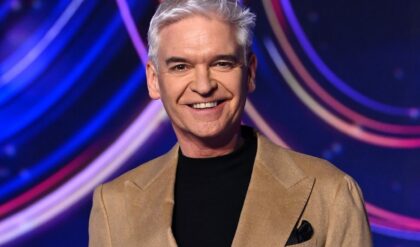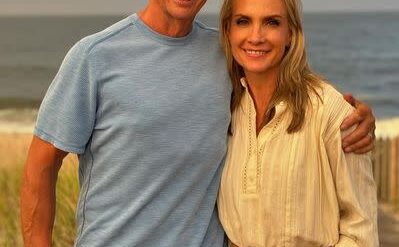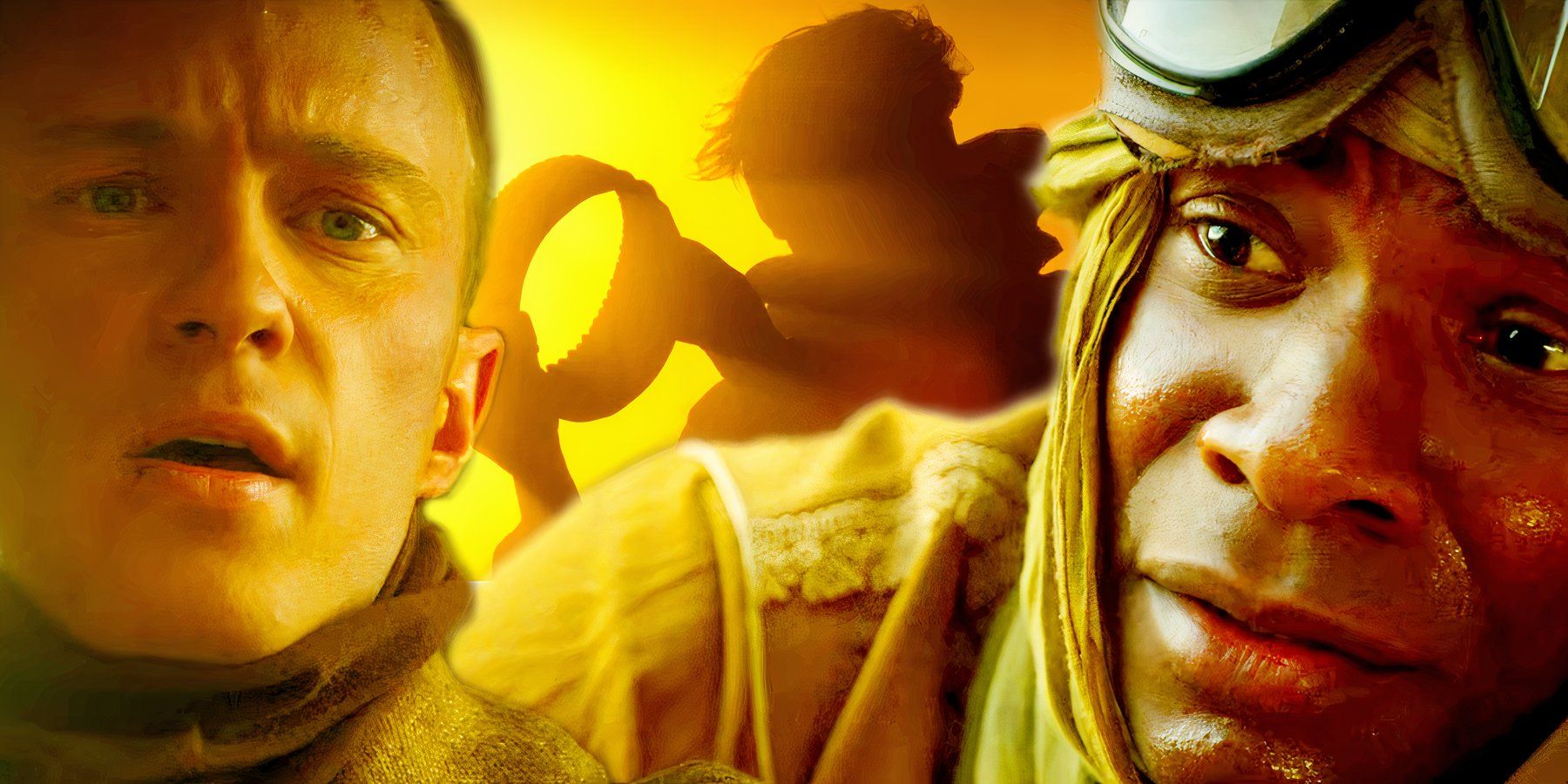
The first sign that Groff represented a danger to the beloved Outer Banks character came with Wes Genrette’s letter, as he evidently hid it from his son-in-law and carefully advised JJ (Rudy Pankow) to keep it a secret. The show then started paving the way for JJ’s Outer Banks season 4 death twist by painting Groff as not only a killer but as a sly and unpredictable one, marking every one of his kills with betrayal. In Outer Banks’ final episode, there is a strong and repeated emphasis on the weapon Groff uses, foreshadowing its perverse role and purpose.
Chandler Groff Is Seen Messing With A Knife Throughout Outer Banks Season 4, Before Using One To Kill JJ
Groff’s Knife Represents His Deceiving Nature And Foreshadows His Betrayal Of JJ
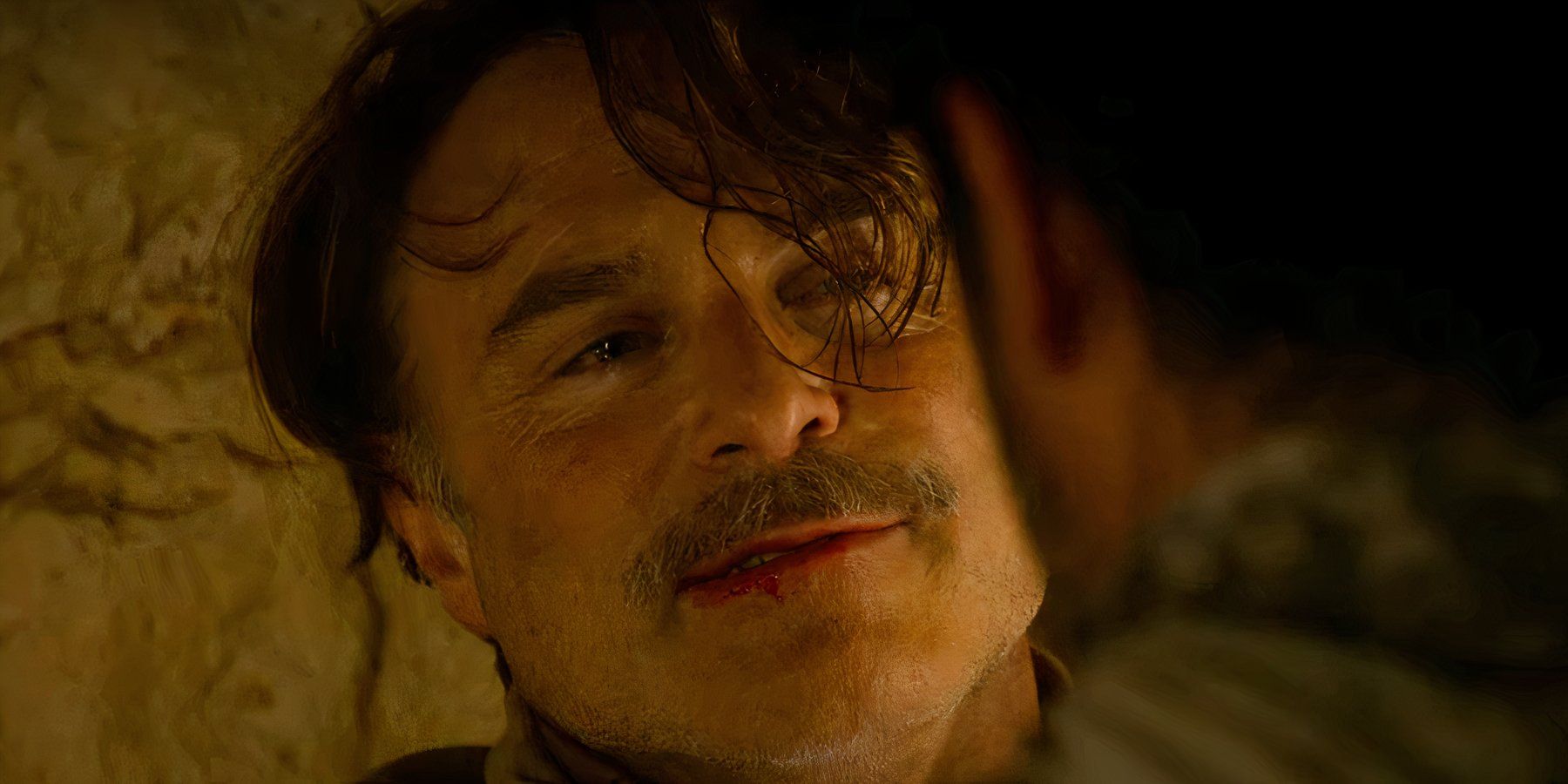
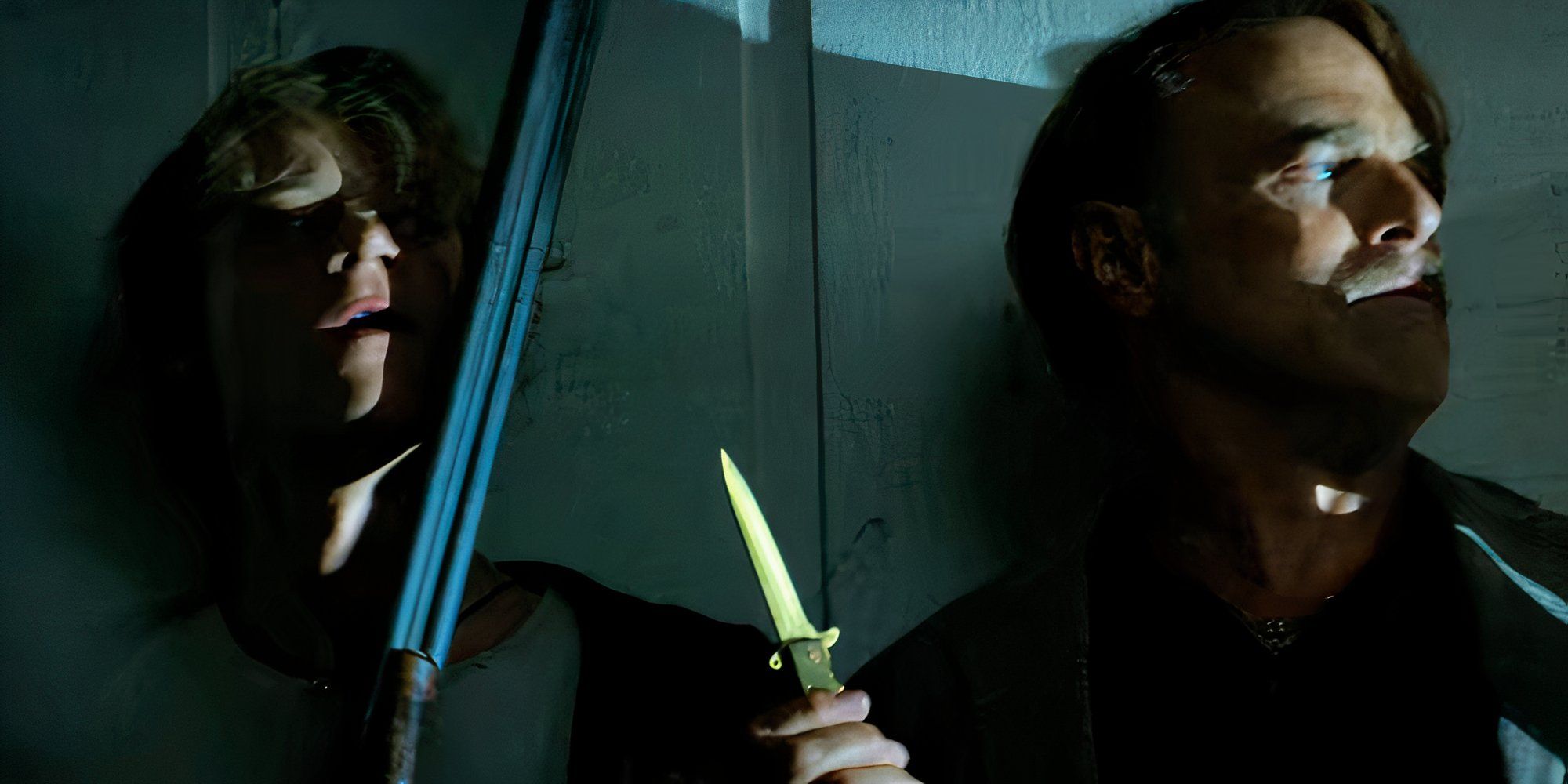
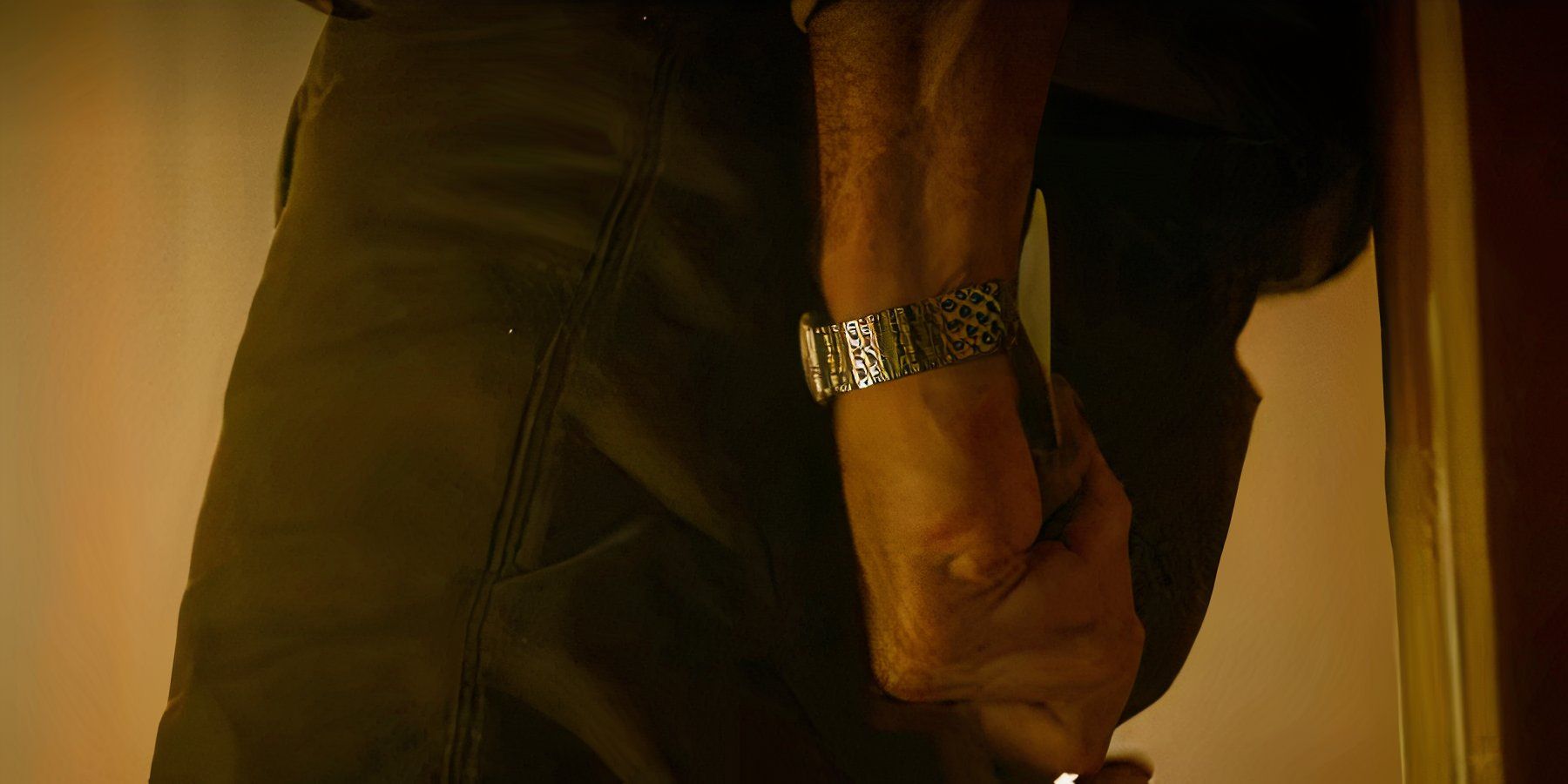
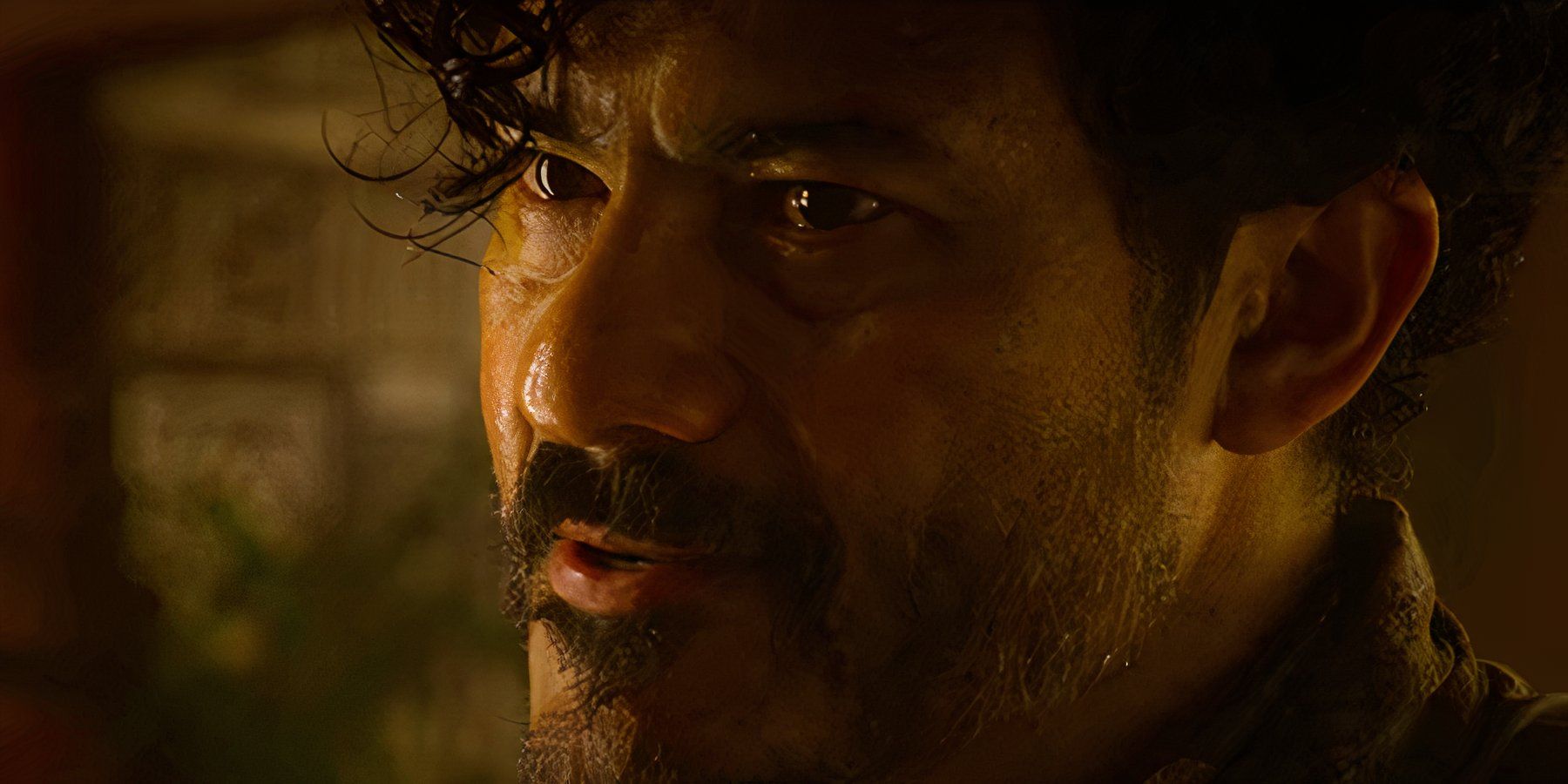
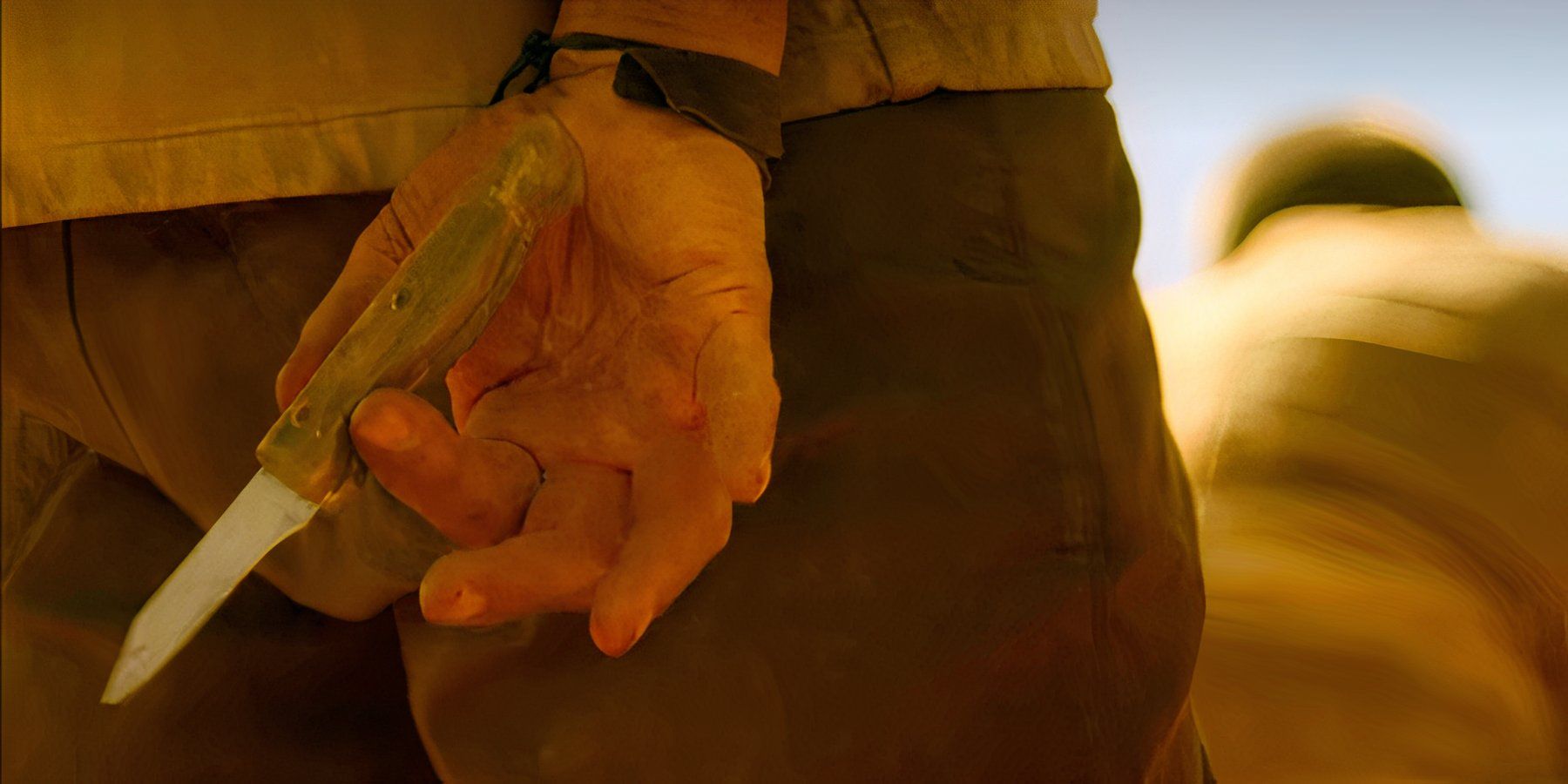
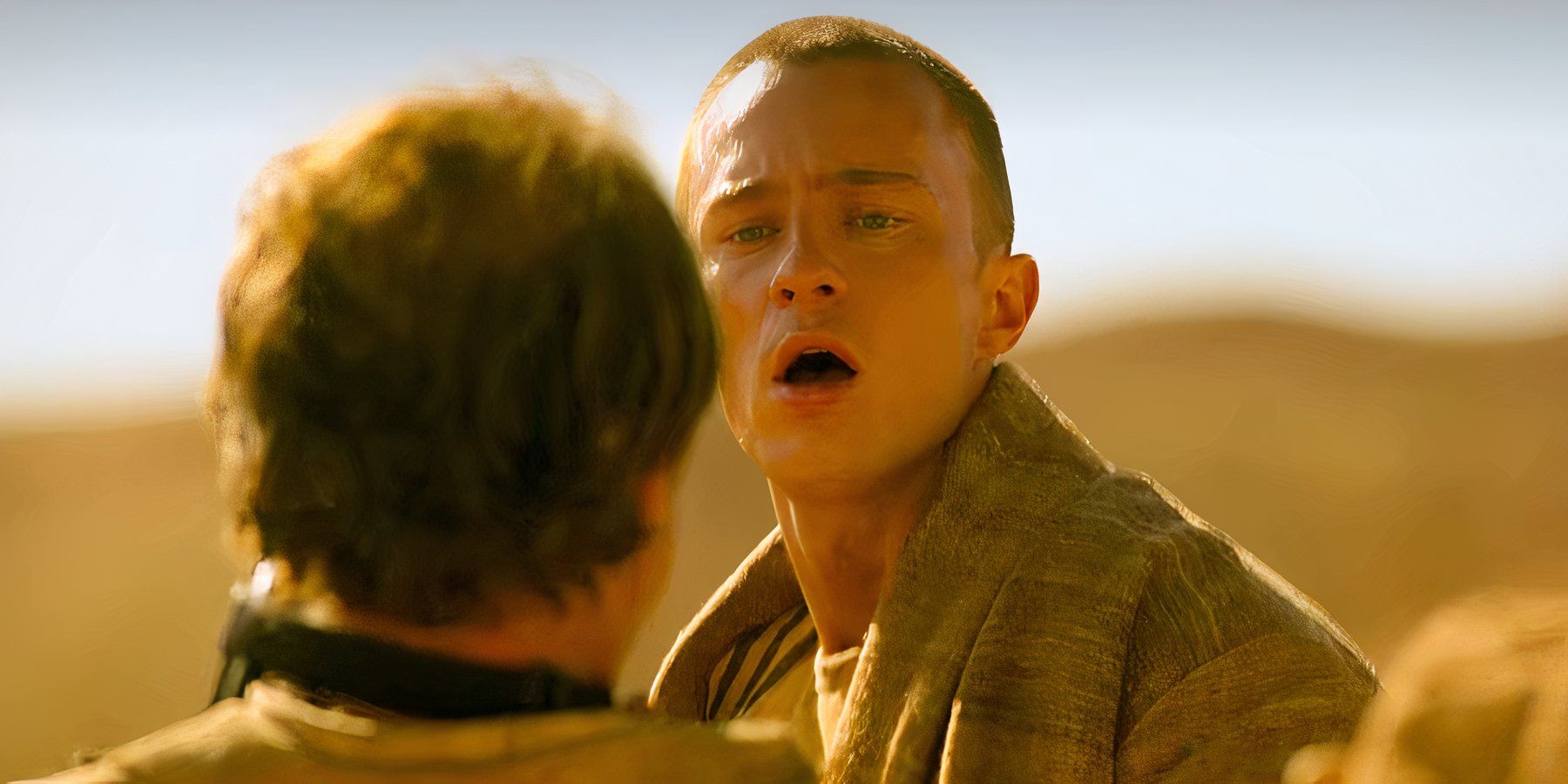






Episode 7 exposes Groff’s deceiving and cold nature by introducing his weapon of choice. When the mercenaries attack his home, the character reveals a shiny pocket knife that he had been carrying all along. Although this specific knife isn’t seen again, it comes right before Groff’s first betrayal of JJ, successfully linking the father and son with a deadly symbol. When Dalia and his men catch the pair, Groff is quick to blame Omar’s death on JJ — figuratively stabbing his son in the back.
The weapon mirrors the character’s true nature, which he hides behind his back until the right time comes to stab his allies.
In Outer Banks’ final episode, Groff takes hold of another knife and uses it to see his greedy plans through. The weapon mirrors the character’s true nature, which he hides behind his back until the right time comes to stab his allies. With it, he betrays the Blackbeard treasure hunters in Outer Banks, and then Rafe in the Moroccan desert. He holds onto it through all his fights, and even his losses, like when JJ refuses to throw him a rope to climb up the well.
Creator Jonas Pate told Tudum they intentionally brought Groff’s knife to central focus, making the audience “aware of it” as a warning against the “truly malevolent character.” Accordingly, the knife serves its terrible purpose, as Outer Banks’ worst villain uses it to kill his own son, despite the fact that JJ had already surrendered the Blue Crown.
What Groff’s Last Scene Of The Knife & Blue Crown Really Mean In Outer Banks’ Season 4 Finale
Groff Cannot Confront The Real Reason Why He Killed JJ In Outer Banks
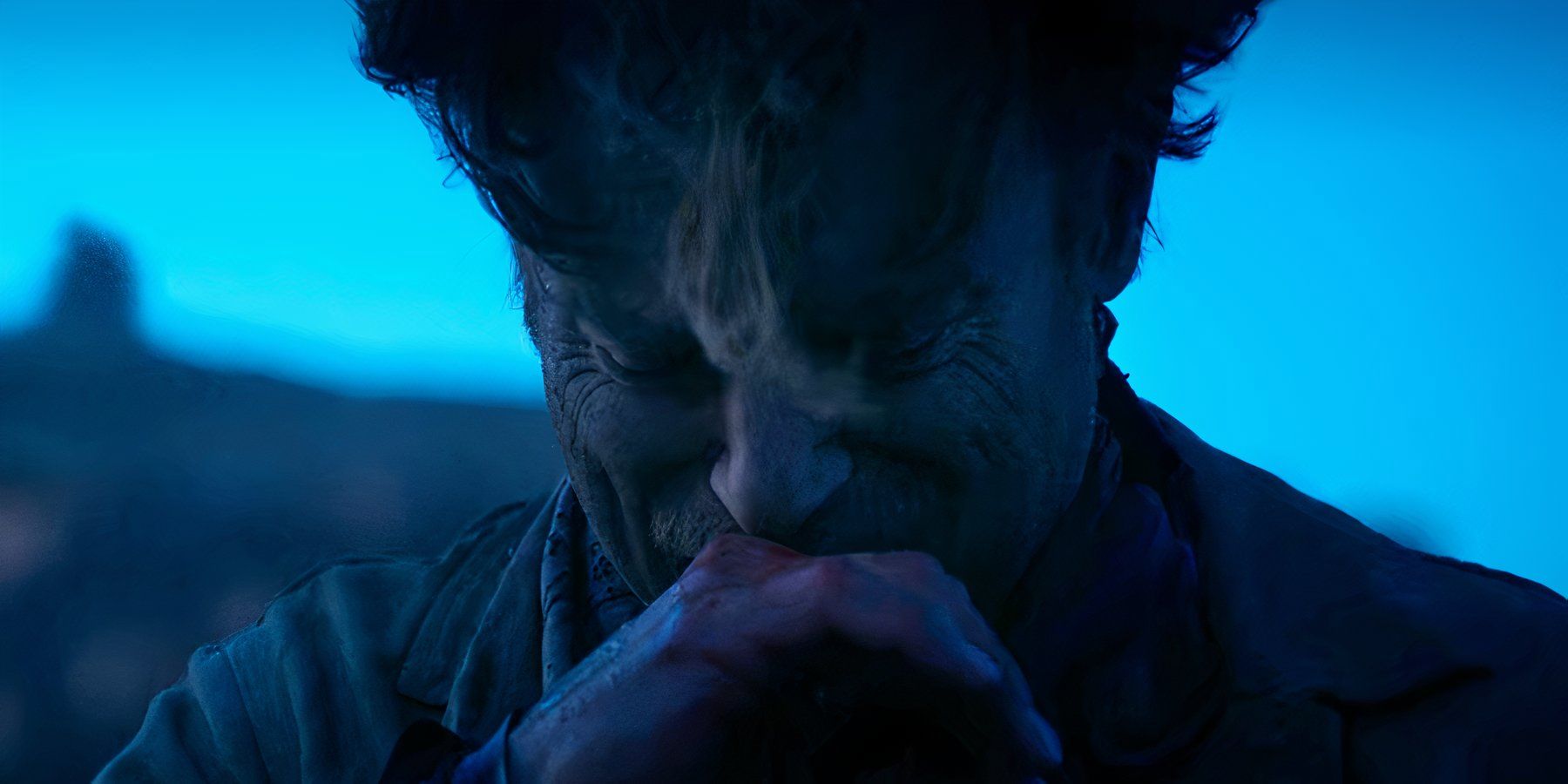
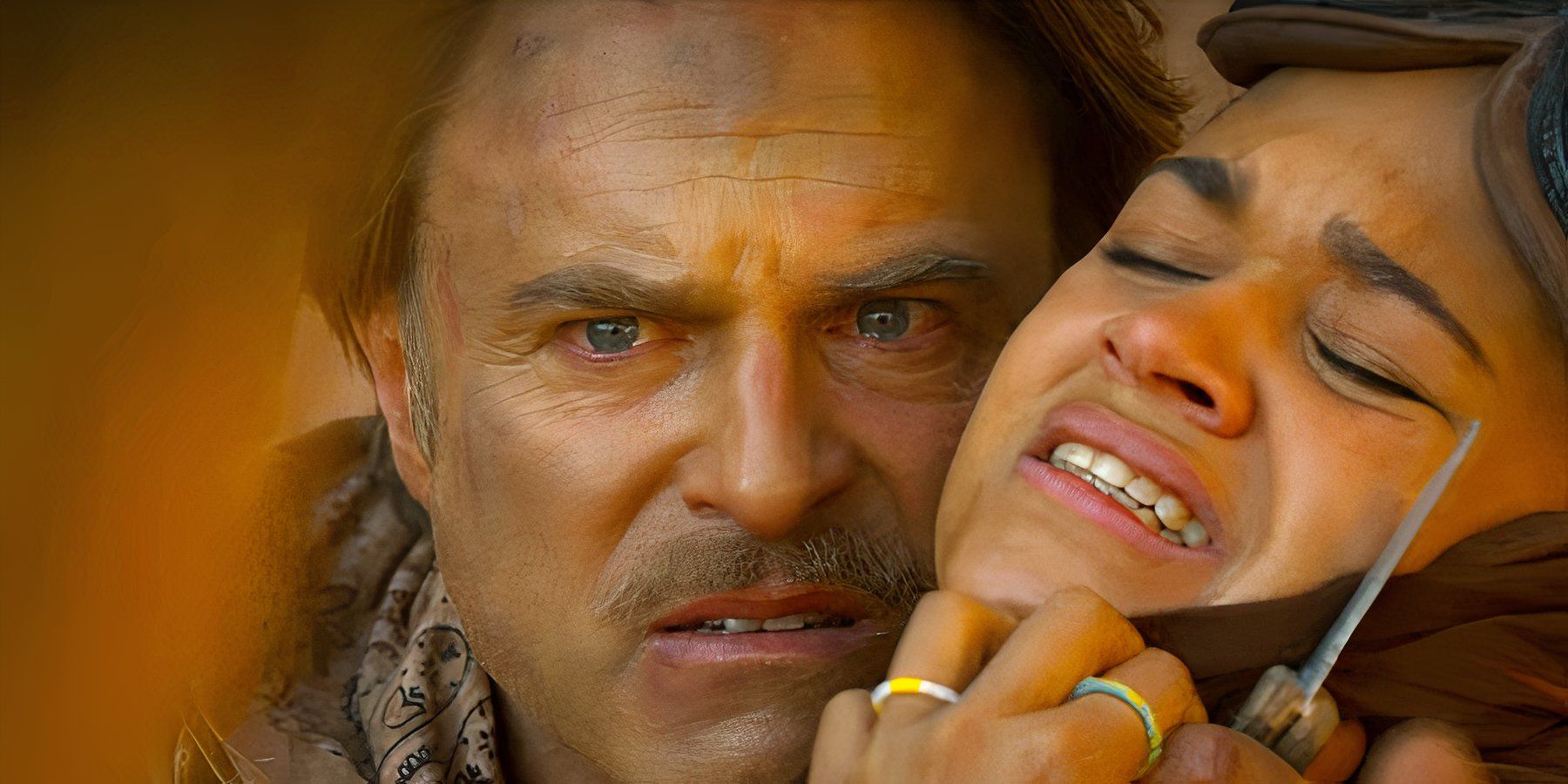
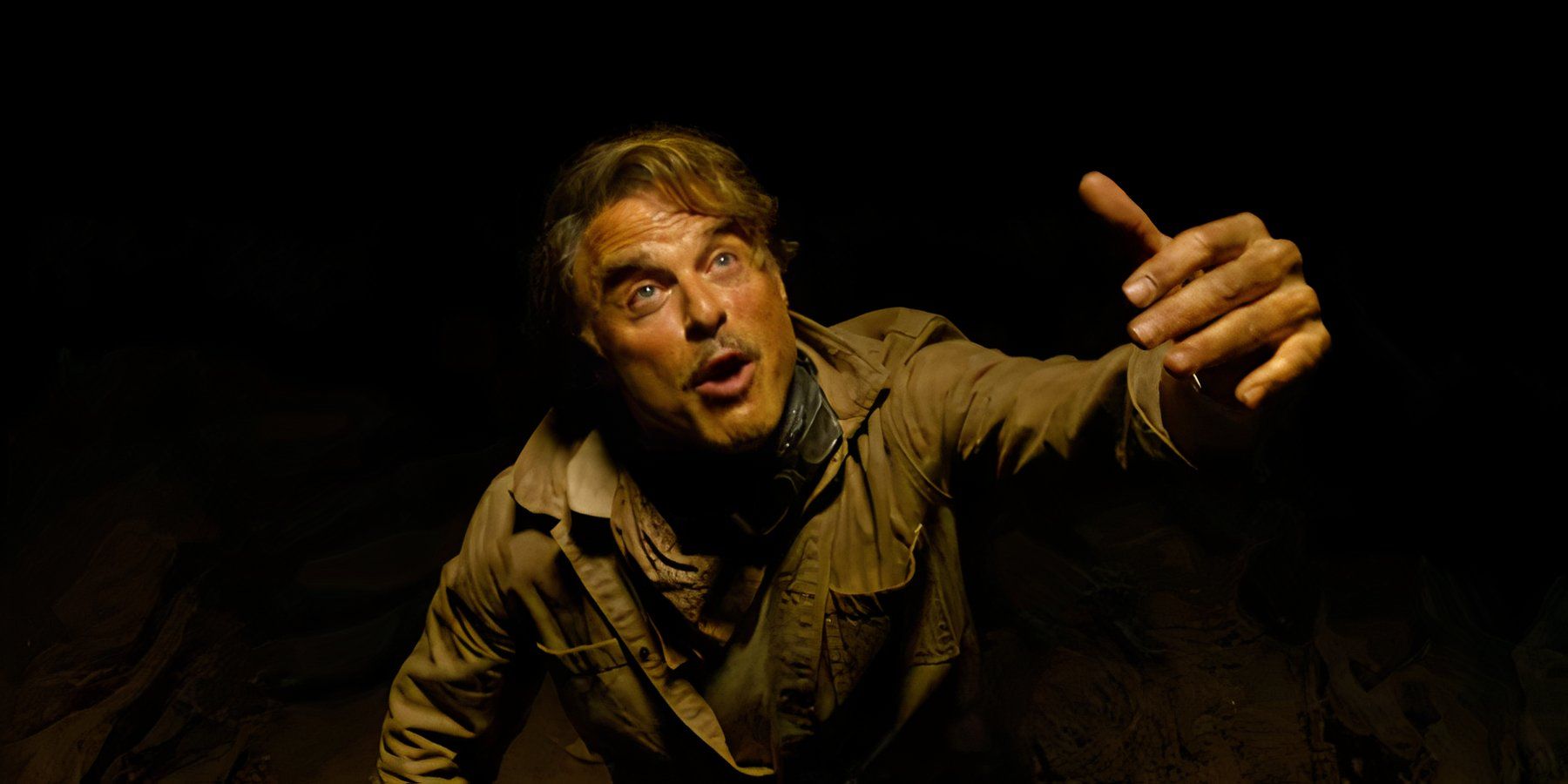
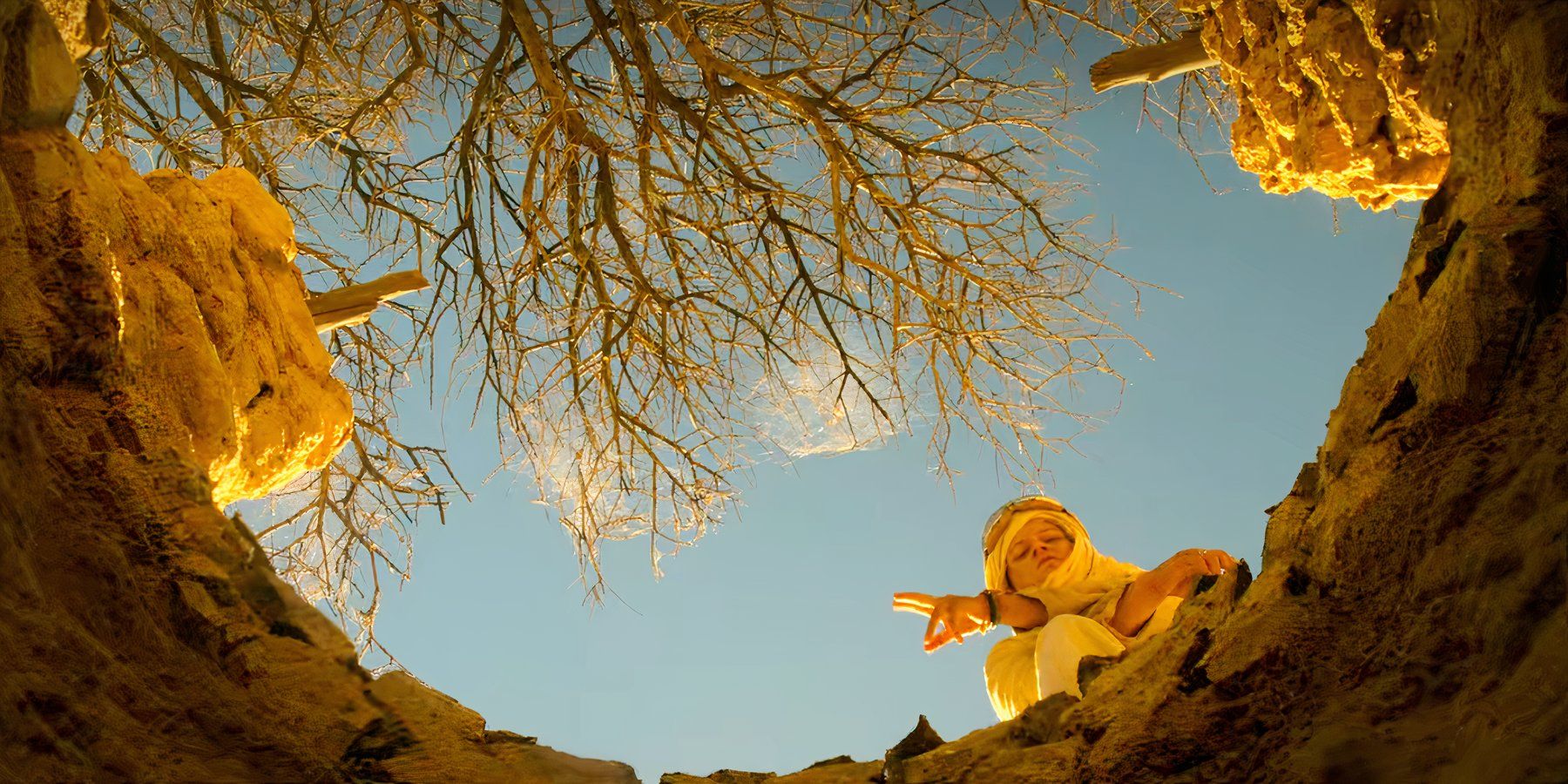
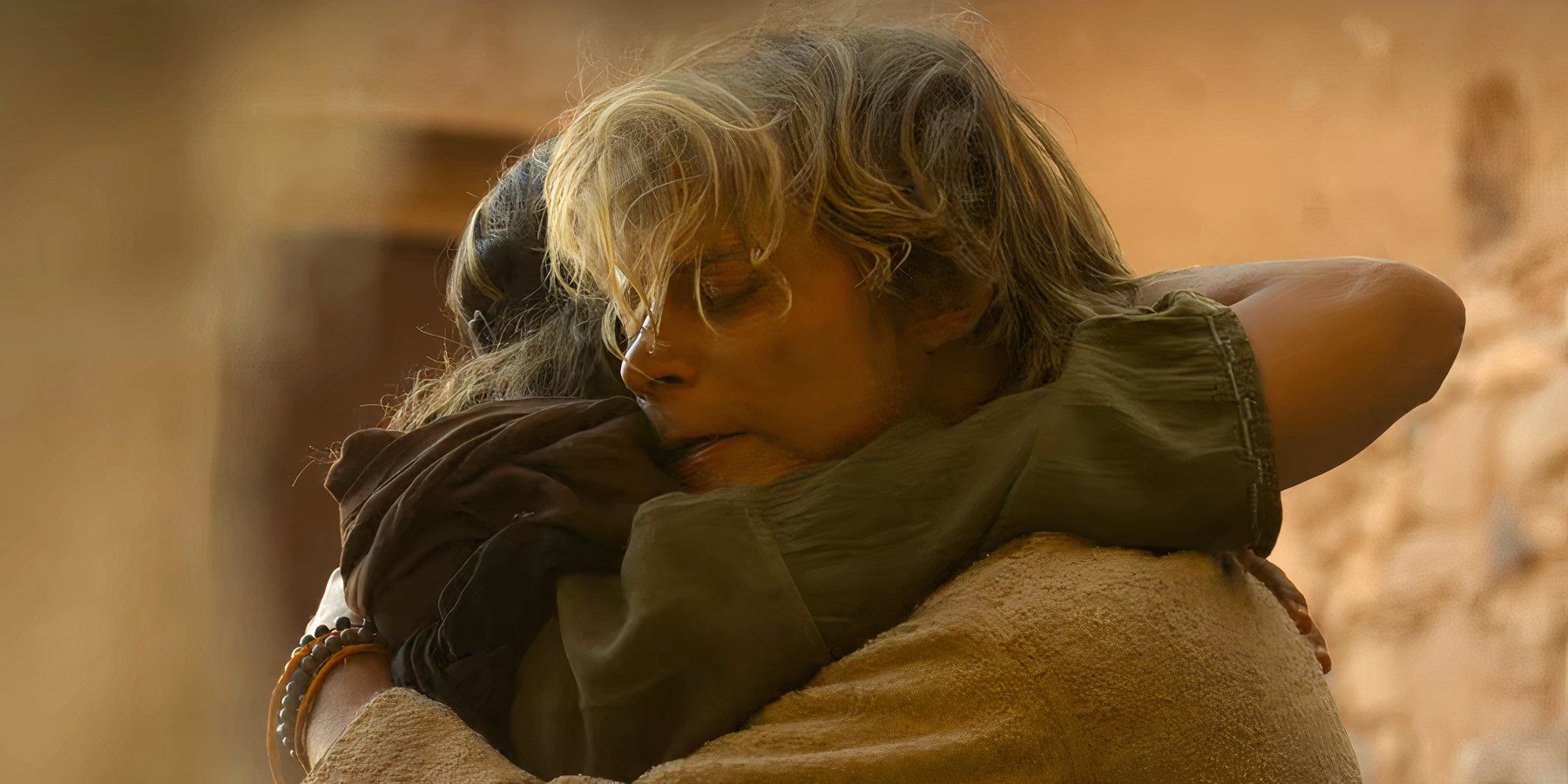





Having fled the heartwrenching scene, Groff stops to contemplate what he’s done. He throws the knife away and stares painfully at his son’s blood on his hand. Although the tiny moment suggests Groff feels a tinge of remorse, he quickly shifts his attention to what he’s won, the Blue Crown. Outer Banks co-creator Josh Pate confirmed the character “is a sociopath… Even when he’s lying, he lies to himself and thinks he’s telling the truth.” Notably, it appears that Groff convinces himself he had to kill JJ to satisfy his greedy desire for the Blue Crown.
Of course, this is far from the truth. Even if JJ posed a threat to his quest, the young Outer Banks pogue had no intentions of fighting him for the crown, let alone for any type of inheritance from the Genrettes. Groff decidedly kills him out of spite — first because he is hurt that JJ turned his back on him at the well, and then because he can’t stand that his son doesn’t need him. Groff’s knife completes its function, elevating the tragedy of JJ’s death, as it wasn’t greed that drove the killing, but a father’s wounded and narcissistic pride.
